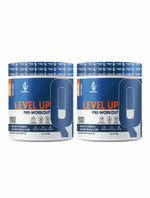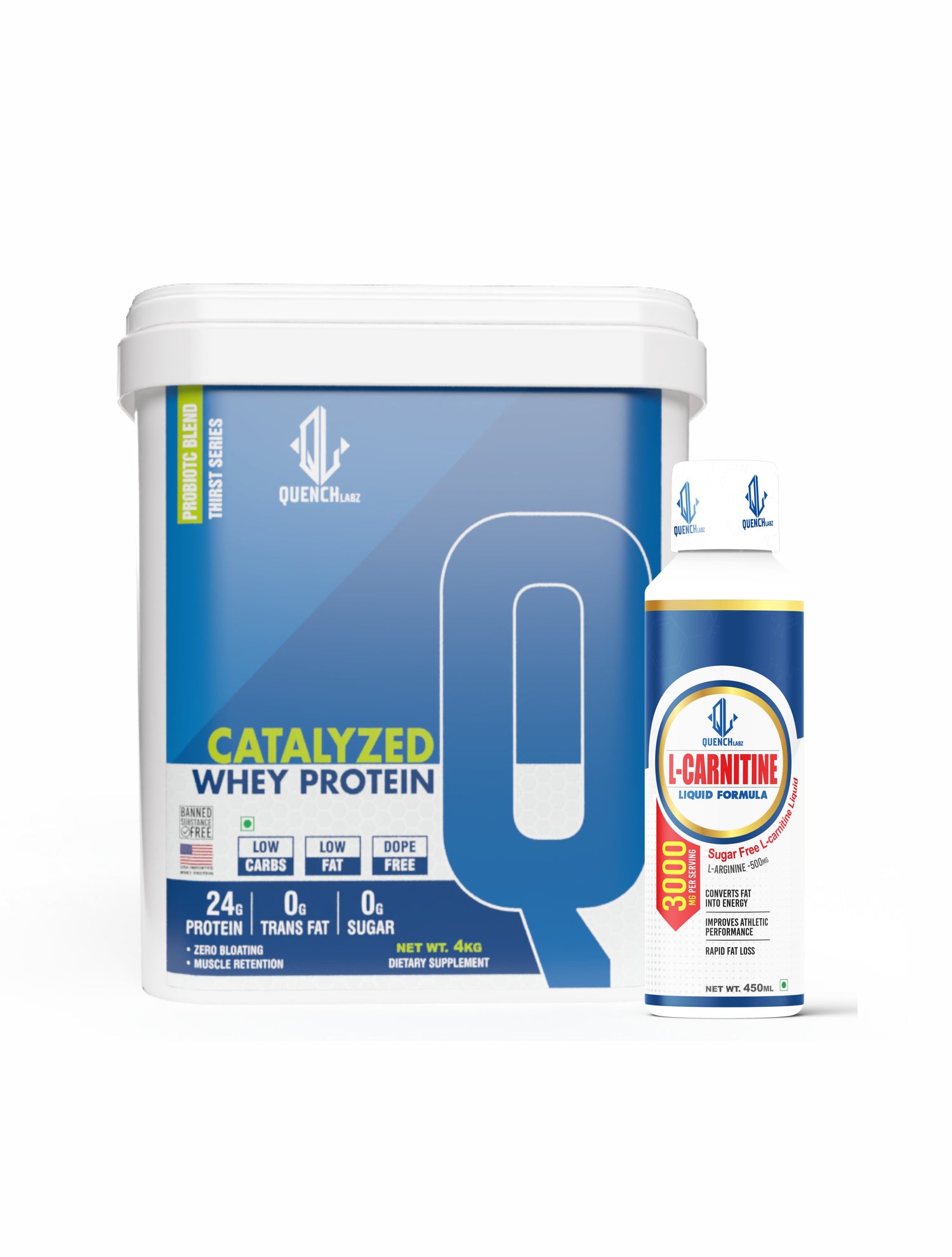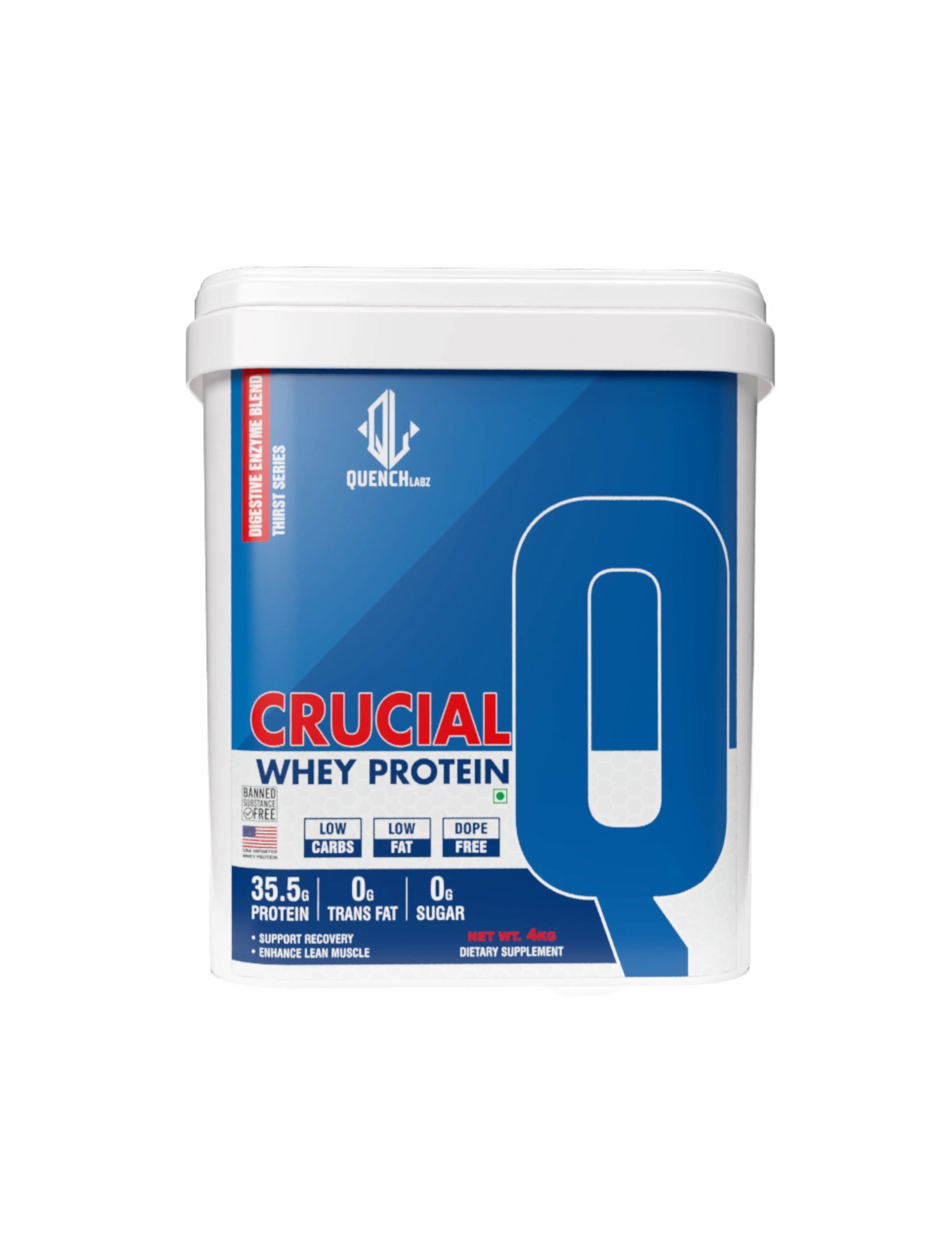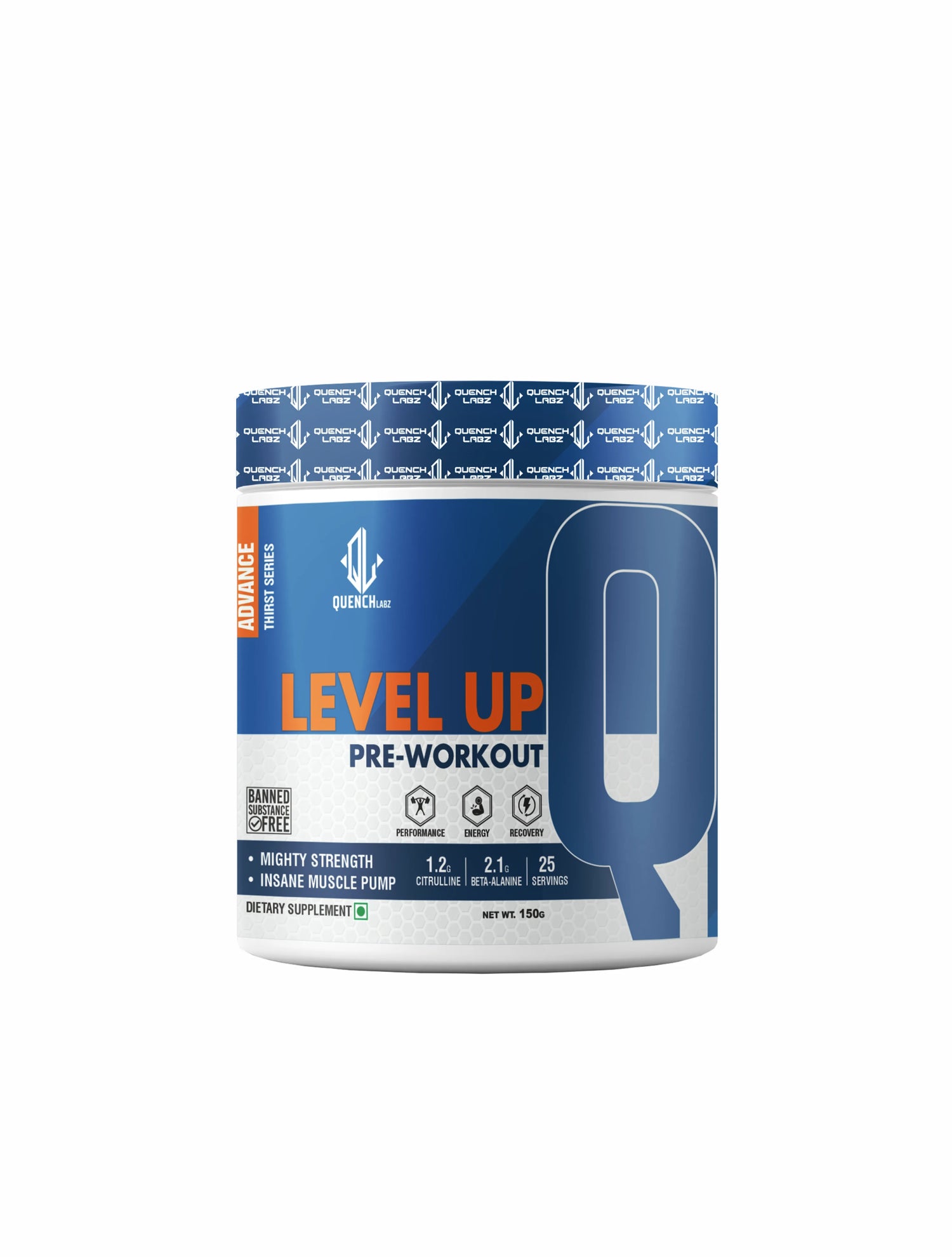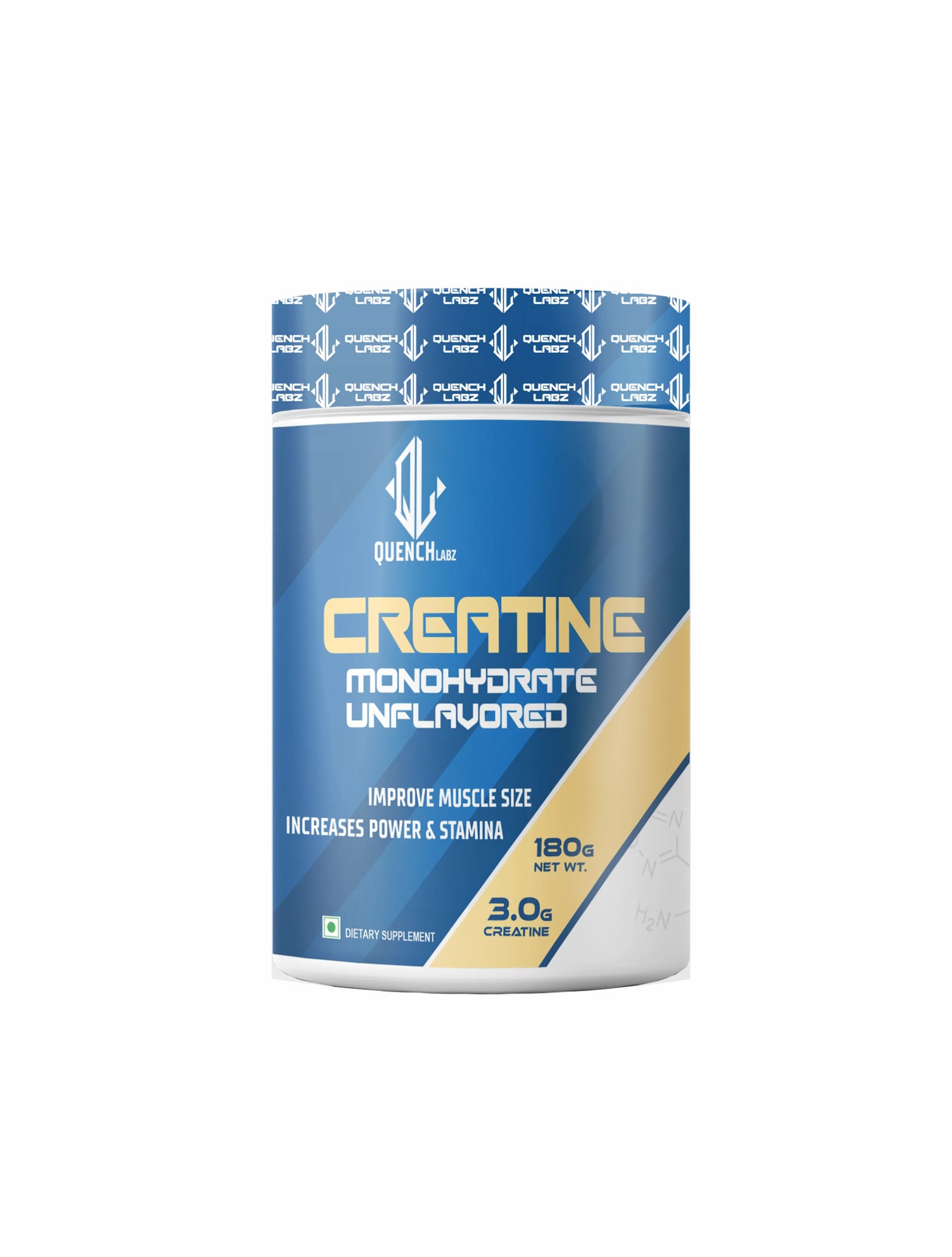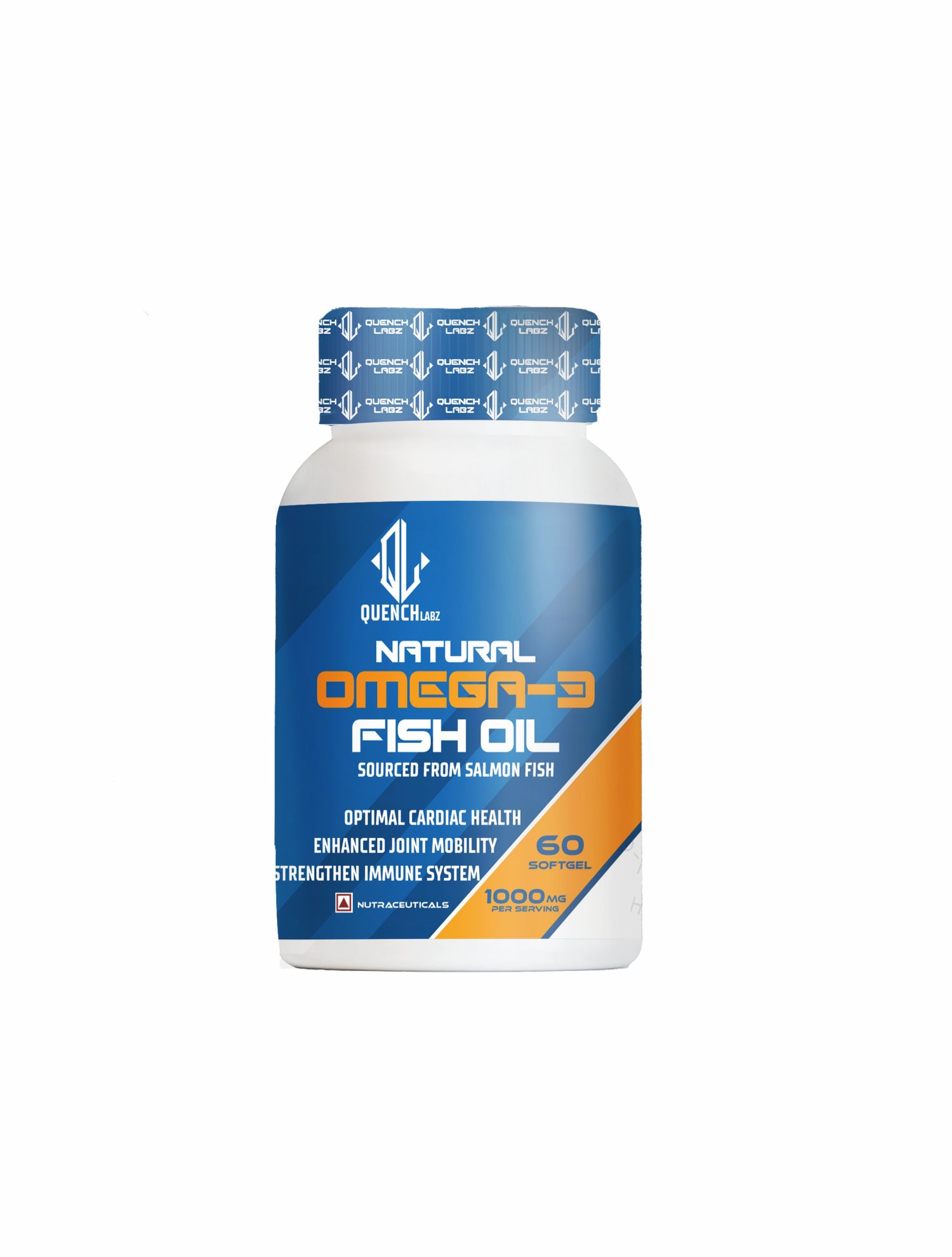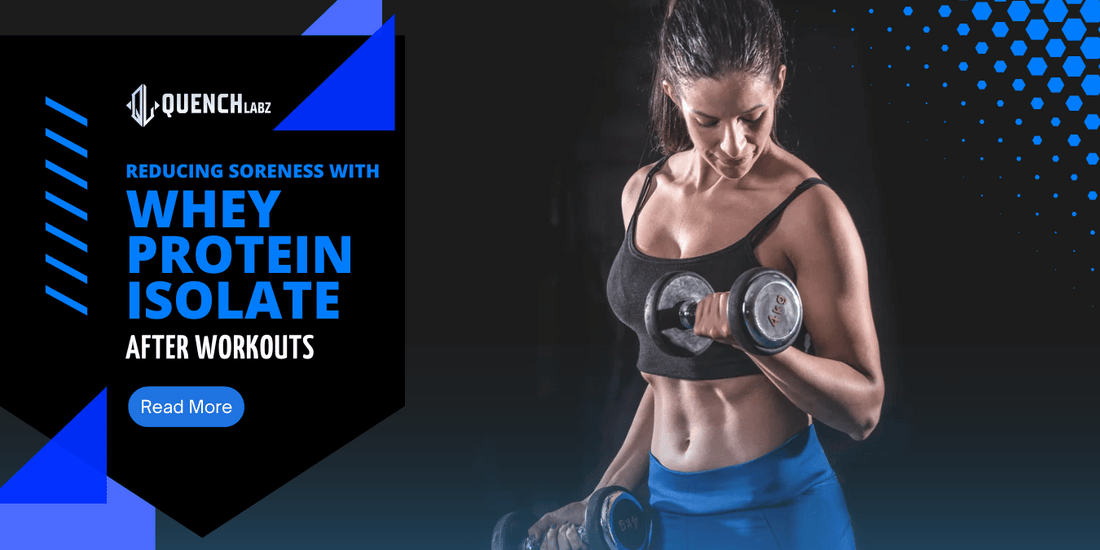We’ve all been there. You crush a workout—maybe leg day or an intense HIIT session—and then the next morning hits like a truck. That achy, can’t-walk-down-the-stairs kind of soreness? Yeah, that’s Delayed Onset Muscle Soreness (DOMS). It’s totally normal, but it doesn’t have to be unbearable. The good news? You can do something about it—starting with whey protein isolate.
Let’s talk about how this clean, fast-digesting protein supplement helps reduce muscle soreness, speeds up recovery, and gets you back in the gym feeling stronger than ever.
What Is Muscle Soreness, Really?
Muscle soreness after a workout happens when you create tiny tears in your muscle fibers. These micro-tears are actually a good thing—they’re how your body rebuilds muscle stronger and leaner. But to repair those tears, your body needs the right building blocks, especially protein.
This is where whey protein isolate comes in.
Why Whey Protein Isolate?
There are a few types of whey protein, but isolate stands out for post-workout recovery. It’s:
-
Over 90% pure protein
-
Low in carbs and fat
-
Fast-digesting
-
Low-lactose (great for sensitive stomachs)
That means you get the amino acids your muscles need, fast—without the extra stuff.
How Whey Protein Isolate Helps Reduce Muscle Soreness
1. Speeds Up Muscle Repair
After training, your muscles are like a construction site—broken down and ready to rebuild. Whey protein isolate delivers essential amino acids, especially leucine, directly to your muscles. Leucine kickstarts muscle protein synthesis, which is how your body repairs and builds muscle tissue.
The faster you start that process, the quicker you reduce inflammation and discomfort.
2. Reduces Inflammation
Some soreness is caused by inflammation, which is your body’s natural response to stress. Studies have shown that high-quality protein, especially whey isolate, may help lower post-exercise inflammation, making your recovery smoother and more comfortable.
3. Faster Absorption = Faster Recovery
Whey protein isolate is filtered more than whey concentrate. It has very little fat or lactose, so it digests quickly. That means your body absorbs it fast—right when it needs it most, typically within the 30–60-minute window after a workout.
Real Talk: What It Feels Like When You Get Recovery Right
Imagine waking up after a tough workout and thinking, “Hey, I actually feel good.” Not stiff. Not limping. Not dreading your next session.
That’s the power of proper post-workout nutrition. When you start consistently giving your body what it needs—like whey protein isolate after training—you recover better, train harder, and make real progress.
When to Take Whey Protein Isolate for Best Results
-
Post-Workout: This is the golden time. Aim for one scoop of whey isolate (usually 20–25 grams of protein) within 30 minutes after training.
-
Morning After Training Days: If you forget your post-workout shake, the next morning works too.
-
Before Bed (optional): Some people also like a small serving at night to support overnight recovery.
You can mix it with water, almond milk, or add it to a recovery smoothie with bananas, berries, and some oats.
Tips to Maximize Recovery (Besides Whey Protein)
Whey isolate is a star player, but don’t forget the rest of the recovery team:
-
Sleep well: 7–9 hours a night makes a huge difference.
-
Hydrate: Water helps flush out toxins and reduce inflammation.
-
Stretch or foam roll: Keeps muscles loose and helps blood flow.
-
Move: A light walk or recovery workout can actually ease soreness faster than staying still.
Whey Protein Isolate vs. Other Protein Types for Recovery
Let’s break it down quickly:
| Protein Type | Best For | Drawbacks |
|---|---|---|
| Whey Isolate | Fast absorption, low carb/fat | Slightly pricier |
| Whey Concentrate | Balanced nutrition, budget-friendly | Slightly slower digestion |
| Casein Protein | Slow-release (good for overnight) | Not ideal for immediate recovery |
| Plant Proteins | Vegan-friendly | Often lower in leucine |
If you’re focused on reducing soreness quickly, whey isolate is the go-to.
Frequently Asked Questions (FAQs)
1. Can whey protein isolate really help reduce muscle soreness?
Yes. Whey protein isolate delivers essential amino acids—especially leucine—directly to your muscles post-workout. These nutrients help repair muscle tissue faster, reduce inflammation, and ease soreness after intense training sessions.
2. What makes whey protein isolate better than other protein types for soreness?
Whey isolate is highly purified, fast-digesting, and low in fat and lactose. That means it gets absorbed quickly, making it ideal for immediate post-workout recovery. Its high protein content (over 90%) ensures you get what your muscles need—without the bloat.
3. Is whey protein isolate suitable for people with lactose intolerance?
Yes, in most cases. Whey protein isolate has very low lactose levels due to its additional filtration process, making it more tolerable than whey concentrate for those with mild lactose sensitivity. Still, check the label and consult a doctor if you're unsure.
4. Will whey isolate stop soreness completely?
Not completely. Muscle soreness is part of the natural muscle-building process. However, taking whey isolate after workouts can significantly reduce the intensity and duration of soreness, especially when paired with proper rest and hydration.
5. Can beginners take whey protein isolate for muscle recovery?
Absolutely. In fact, beginners often experience the most soreness as their bodies adjust to training. Whey protein isolate can support recovery, reduce DOMS, and help new lifters stay consistent with their fitness routine.
6. Is whey protein isolate only for athletes?
Not at all. While athletes and gym-goers use it regularly, whey isolate is also a smart option for anyone looking to support muscle health, improve protein intake, or speed up recovery—whether you’re a weekend warrior, a runner, or just staying active.
The Bottom Line
Soreness is part of the game—but it doesn’t have to slow you down. Adding whey protein isolate to your recovery plan is one of the simplest and most effective ways to help your body bounce back faster after tough workouts.
It’s not a magic cure, but it’s pretty close when you combine it with good sleep, hydration, and smart training.
So the next time you’re feeling that “day-after leg day” burn creeping in, reach for your shaker bottle. Your future self will thank you.



